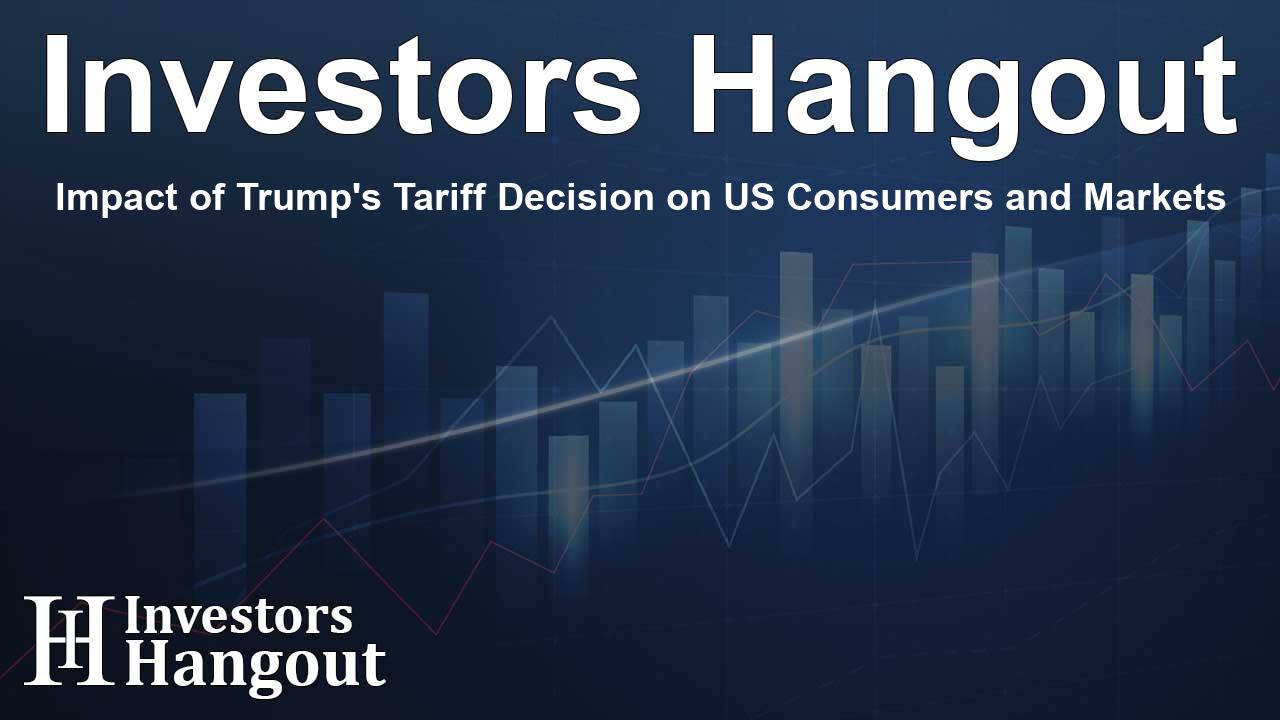Impact of Trump's Tariff Decision on US Consumers and Markets

Understanding the Recent Tariff Increase
Economist Peter Schiff has expressed his concerns regarding President Trump's recent decision to impose a 50% tariff on Indian imports. This move could potentially highlight the vulnerabilities of the American consumer, which Schiff describes as a "paper tiger." He warns that this decision may lead to significant economic repercussions, including a potential crash of the dollar, which would adversely affect many Americans while benefiting foreign consumers, particularly those in emerging markets such as the BRIC countries.
The Implications for U.S. Consumers
Schiff articulates that the consequences of the tariff increase could be profound. He notes, "Imports from India now face such steep tariffs, and this could very well reveal the weakness of American consumers in the global marketplace. A drastic devaluation of the dollar could impoverish many families, creating an environment where emerging markets thrive at the expense of American consumers." This situation underscores the potential for significant shifts in buying power and living standards.
Details Behind the Tariff Hike
Trump's decision, announced recently, raised tariffs across the board, culminating in a total of 50%. This came after accusations directed at India for allegedly taking advantage of discounted Russian oil prices. The President's tweets suggested a hardline approach, proposing that if India continued to engage in these practices, further increases in tariffs would follow. The renewed tariffs indicate a shift in U.S. trade policy, perhaps aimed at addressing larger geopolitical concerns.
Responses from Various Stakeholders
The response to the tariff increase has not been uniformly positive, especially among exporters based in India. Many companies have experienced a decline in their stock value as a result of the policy shift. Concerns have been raised about the potential backfire effect this may have on U.S.-India trade relations. Critics, including former U.N. Ambassador Nikki Haley, argue that penalizing a strong ally like India while easing tariffs on countries like China could confuse U.S. trade strategy.
Preparing for Future Trade Adjustments
The U.S. administration has also signaled its intention to closely monitor other countries for any similar movements associated with Russia, warning that they could face tariffs as well. Data suggests an increase in India’s imports of Russian oil by a staggering 17.4% during recent months, with estimates indicating approximately 2 million barrels per day being imported. Meanwhile, significant trade relations exist between the U.S. and India, with exports totaling over $91.2 billion, highlighting the complexity of the trading landscape.
Frequently Asked Questions
What are the potential consequences of the increased tariffs on consumers?
The increased tariffs could lead to higher prices for imported goods, making it more expensive for U.S. consumers to purchase these products.
How might this impact the U.S. economy overall?
The tariffs could lead to inflationary pressures, affecting consumer spending and economic growth if prices continue to rise.
What is the reaction from Indian exporters to these tariffs?
Indian exporters have expressed concern about the adverse effects on their businesses and the potential loss of market access in the U.S.
How likely is it for additional tariffs to be imposed?
While additional tariffs are possible, it will depend on whether other countries are found to have similar trade relations with Russia.
What do these changes mean for future U.S.-India relations?
These tariff impositions could strain U.S.-India relations, leading to increased tensions and potentially affecting various sectors of trade.
About The Author
Contact Addison Perry privately here. Or send an email with ATTN: Addison Perry as the subject to contact@investorshangout.com.
About Investors Hangout
Investors Hangout is a leading online stock forum for financial discussion and learning, offering a wide range of free tools and resources. It draws in traders of all levels, who exchange market knowledge, investigate trading tactics, and keep an eye on industry developments in real time. Featuring financial articles, stock message boards, quotes, charts, company profiles, and live news updates. Through cooperative learning and a wealth of informational resources, it helps users from novices creating their first portfolios to experts honing their techniques. Join Investors Hangout today: https://investorshangout.com/
The content of this article is based on factual, publicly available information and does not represent legal, financial, or investment advice. Investors Hangout does not offer financial advice, and the author is not a licensed financial advisor. Consult a qualified advisor before making any financial or investment decisions based on this article. This article should not be considered advice to purchase, sell, or hold any securities or other investments. If any of the material provided here is inaccurate, please contact us for corrections.
